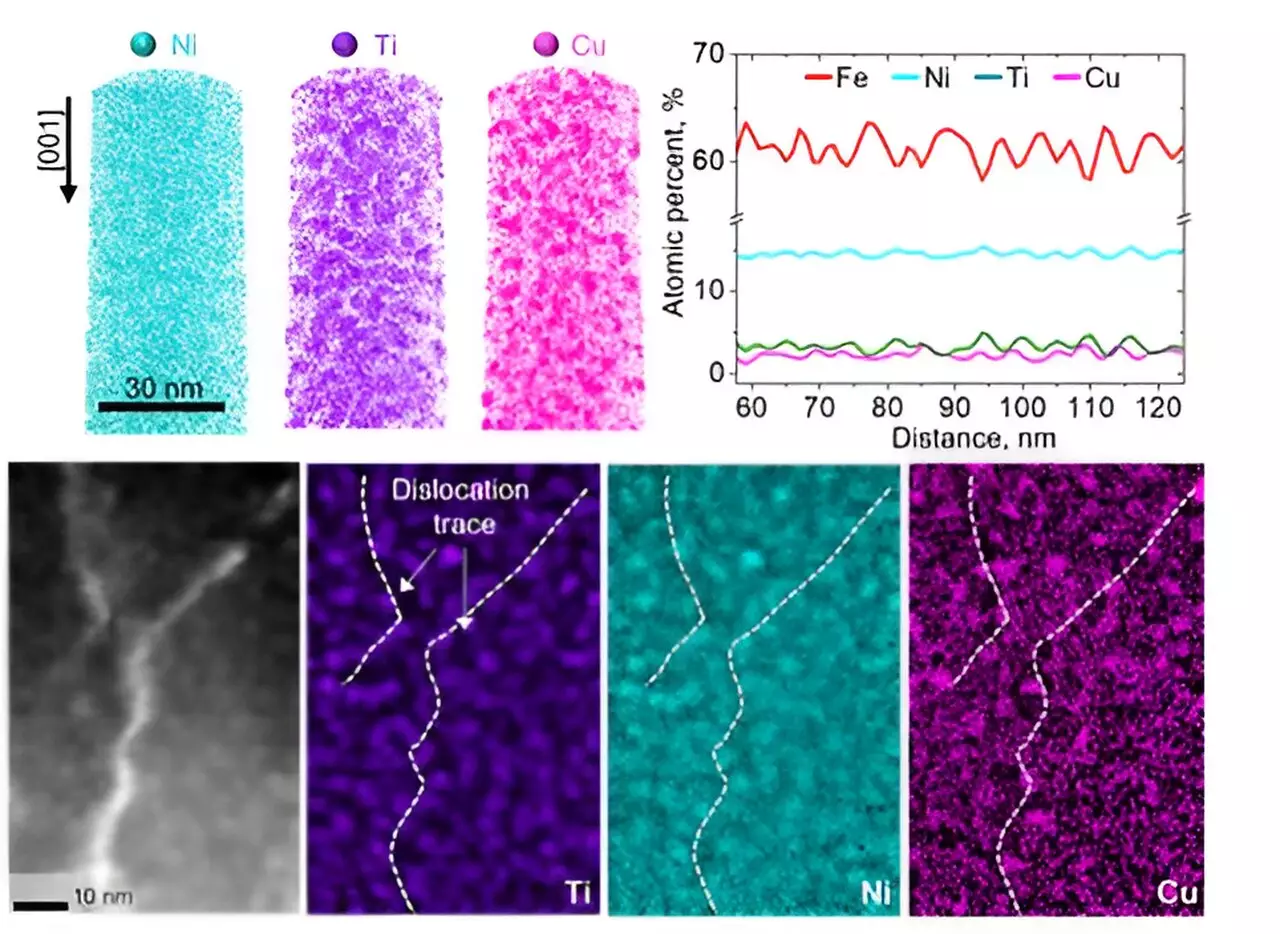In the realm of metallic materials, the concepts of “strength” and “elongation” have long been at odds with each other. As one property increases, the other typically decreases, creating a challenging tradeoff for researchers and engineers. This conflict has limited the ability to enhance both strength and elongation simultaneously in metals.
A Breakthrough Collaboration
A collaborative team from POSTECH and Northwestern University has recently introduced a groundbreaking technology that tackles this long-standing issue. Led by Professor Hyoung Seop Kim and Professor Yoon-Uk Heo from POSTECH, along with Ph.D. candidate Hyojin Park and Dr. Farahnaz Haftlang from Northwestern University, the team has developed an innovative approach to enhancing both strength and elongation in metallic alloys.
The Solution: Spinodal Decomposition
The key to the team’s success lies in spinodal decomposition, a unique process that involves the spontaneous separation of a solid solution into two distinct phases at the nanoscale. By incorporating copper (Cu) and aluminum (Al) into an iron-based medium-entropy alloy, the researchers triggered periodic spinodal decomposition, resulting in nanoscale structures with regularly arranged atoms.
Through spinodal decomposition, the team was able to achieve spinodal hardening, a phenomenon that enhances the material’s resistance to structural deformation. This process not only improved the alloy’s strength but also maintained its elongation, a rare feat in the world of metallic materials. Experiments showed that the alloy produced using this method achieved a remarkable yield strength of 1.1 GPa, representing a 187% improvement over traditional alloys.
Professor Hyoung Seop Kim’s team’s novel approach challenges the traditional tradeoff between strength and elongation in metallic materials. By leveraging spinodal decomposition, the researchers have redefined what is possible in alloy design, paving the way for future innovations in the field of materials science and engineering.
The collaborative research between POSTECH and Northwestern University represents a significant breakthrough in the world of metallic materials. By introducing a novel approach to alloy design and overcoming the traditional tradeoff between strength and elongation, the team has opened up new possibilities for enhancing the mechanical properties of metals. This research not only sheds light on the potential of spinodal decomposition but also highlights the importance of interdisciplinary collaboration in pushing the boundaries of materials science.


Leave a Reply